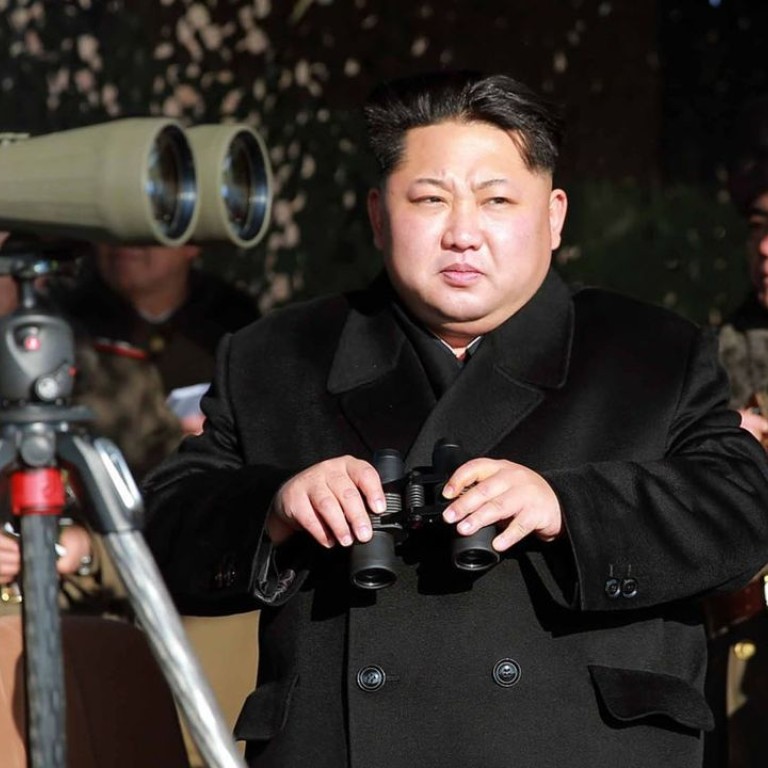
Update | China summons North Korean ambassador after claims of successful H-bomb blast
North Korea announced today it had successfully tested a hydrogen bomb – generally much more powerful than an atomic bomb – which, if confirmed, would mark a stunning step forward in its nuclear development.
READ MORE: Don’t believe the hype: Nuclear experts remain sceptical about North Korea’s hydrogen bomb claims
“The republic’s first hydrogen bomb test has been successfully performed at 10am on January 6, 2016, based on the strategic determination of the Workers’ Party,” a state television news reader announced.
“With the perfect success of our historic H-bomb, we have joined the ranks of advanced nuclear states,” the announcer said, adding that the test was of a “miniaturised” device.

The surprise test was personally ordered by North Korean leader Kim Jong-un and came two days before his birthday.
But North Korea’s close ally China has not delivered an early birthday present to the Hermit Kingdom leader.
China, North Korea’s key diplomatic protector, said Wednesday it “firmly opposes” Pyongyang’s nuclear test, adding it was carried out “irrespective of the international community’s opposition”.
“We strongly urge the DPRK side to remain committed to its denuclearisation commitment, and stop taking any actions that would make the situation worse,” foreign ministry spokeswoman Hua Chunying told a regular briefing, using the North’s official name.

China is a close ally of the isolated state, but relations have become more strained in recent years, in part because of North Korea’s persistence with its nuclear programme in the face of international condemnation.
Last month in remarks made during an inspection tour, Kim suggested Pyongyang had already developed a hydrogen bomb – although the claim was greeted with scepticism by international experts.

A hydrogen, or thermonuclear, device uses fusion in a chain reaction that results in a far more powerful explosion.
WATCH: Chinese traffic cameras capture tremors from bomb test
“The latest test, completely based on our technology and our manpower, confirmed that our newly-developed technological resources are accurate and scientifically demonstrated the impact of our miniaturised H-bomb,” the TV announcer said.
Earlier today, the website of the China Earthquake Network Centre described how it had detected the seismic activity as a “suspected explosion”.
The US Geological Survey said the epicentre of the quake was in the northeast of the country, 50km northwest of Kilju city, placing it right next to the Punggye-ri nuclear test site.
The announcement will leave the international community scrambling to verify the accuracy of the North’s claims.
While vowing to stick by a no-first use policy, today’s statement said Pyongyang would continue to pursue an advanced nuclear strike capability.

“As long as the vicious anti-North policy of the US persists, we will never stop development of our nuclear programme,” it said.
China is the sponsor of the long-stalled six-party talks, which also bring together the two Koreas, the US, Russia and Japan, and Hua called them the “only practical way to resolve the relevant issue”.
North Korean leader Kim Jong-Un has yet to visit Beijing, after coming to power following the death of his father four years ago.
